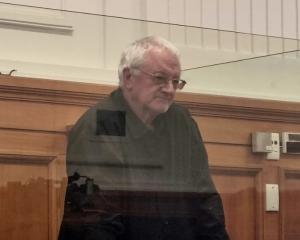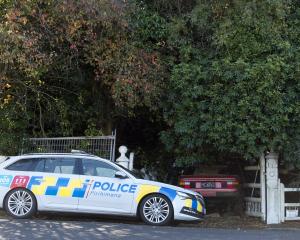
"[These feelings] are irrelevant and dangerous ... they can take your mind away from the job you have to do," Judge John Bergseng told the group of eight men and four women.
Thomas was pardoned of the 1970 murders of Harvey and Jeanette Crewe, who were shot dead in their Pukekawa farmhouse and dumped in the Waikato River.
After being wrongfully convicted in two trials and jailed for nine years, he was released and awarded $950,000 in compensation following a Royal Commission of Inquiry which found detectives planted evidence at the scene.
But he has been back in court, aged 83, facing allegations laid by two complainants in 2019.
He denies four counts of indecent assault and one count of rape.
His lawyer, Marie Dyhrberg QC, claimed the two women have lied under oath out of bitterness and resentment for not receiving Thomas' money.
But Crown prosecutor Aaron Perkins QC said the women only wanted an apology, and it was "far fetched in the extreme" to suggest they came to court to "commit perjury".
After an eight-day trial at Auckland's Manukau District Court, a jury has retired to deliberate.
When summing up the case, Judge Bergseng said they must consider each charge separately and the fact that the alleged offending happened a long time ago.
Witness evidence may not be reliable due to the passing of time, he said.
"I'm not being critical of their evidence ... these are events are from a long time ago and at times it was difficult for them to remember."
The offending would have to be intentional for Thomas to be found guilty, Judge Bergseng said.
"It does not mean the act was pre-planned ... it may have been done impulsively ... but the act nevertheless, intended."
He reminded the jury that its final decision is of great importance.
"You cannot come back at a later date ... there is no second chance.
"The outcome of your deliberations is final."













